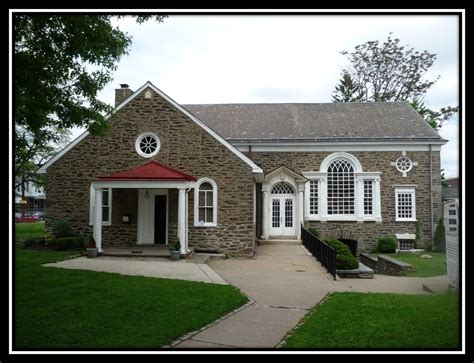We’ve launched a new IT support system to better assist you!
📧 New Helpdesk Email
Please send all IT support requests to:
➡️ support@bethanyseminary.edu
🔐 Services Still Tied to Earlham
The following systems still require your Earlham credentials to log in:
•
The Heart – https://theheart.earlham.edu/
• Earlham College’s Moodle (Graduate Courses for both Bethany and ESR) –
https://moodle-sem.earlham.edu/
• Library Systems – https://library.earlham.edu/home
📚 Library Reminder: Access to ebooks, databases, and interlibrary loans requires your Earlham College username.
Need Help?
Just email support@bethanyseminary.edu — we’ll work with Earlham support on your behalf when needed.
Thanks for your cooperation!
Bethany Seminary IT Services


